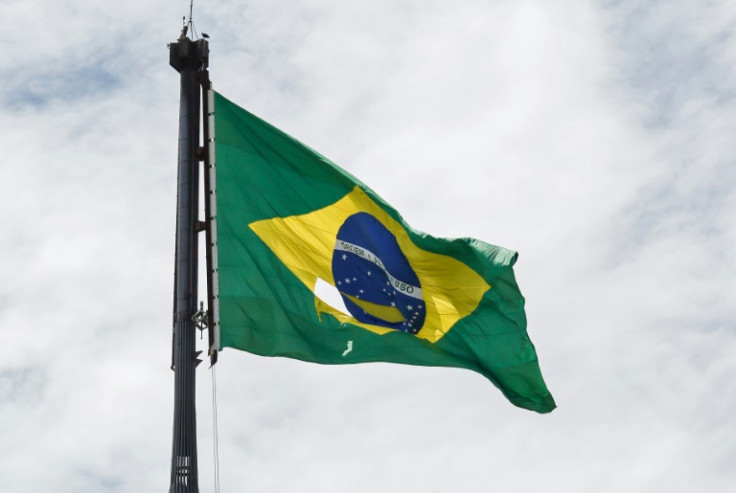Brazil Economy Posts Better-than-expected Growth In Q1

Brazil's economy grew a stronger-than-expected 1.9 percent in the first quarter, according to official figures released Thursday, welcome news for leftist President Luiz Inacio Lula da Silva as he looks to jump-start growth.
The expansion, led by strong growth of 21.6 percent in the key agricultural sector, marked a rebound for Latin America's biggest economy, which contracted by a revised 0.1 percent in the fourth quarter of 2022 -- the last under far-right ex-president Jair Bolsonaro.
The result was better than expected, beating an average forecast of 1.3 percent Gross Domestic Product (GDP) growth by analysts polled by business daily Valor.
The services sector expanded by 0.6 percent in the first three months of the year, while the industrial sector contracted by 0.1 percent, said the national statistics institute, IBGE.
But the agricultural sector in the world's top beef and soybean exporter drove growth, posting its strongest expansion since 1996.
"Climate-related problems had a negative impact on the agricultural sector last year, but this year we have a forecast for a record soybean harvest," said IBGE analyst Rebeca Palis.
Lula, who previously led the country through a commodities-driven boom from 2003 to 2010, took office again in January vowing to restore strong growth, fight resurgent poverty and "make Brazil happy again."
The 77-year-old ex-metalworker got another piece of economic good news Wednesday: the fall of the unemployment rate to 8.5 percent for February-April, an eight-year low for the period.
But Lula faces the huge challenge of negotiating with a Congress dominated by conservative lawmakers, many opposed to his plans for expanded social and environmental protection programs.
He has also locked horns with the central bank, which he accuses of putting the brakes on economic growth by holding the benchmark interest rate too high -- currently 13.75 percent.
The bank's monetary policy committee says inflation -- currently at 4.18 percent annually -- remains "resilient."
Some analysts cautioned the figures did not necessarily herald a new boom for the South American giant.
Although it was the strongest quarter for the Brazilian economy in 15 years, barring the recoveries from the Covid-19 pandemic and the global financial crisis, "the details of the data don't make for such positive reading," said William Jackson, chief emerging markets economist at consulting firm Capital Economics.
"The drivers of growth were very narrow," he wrote in a note, pointing to the weak expansion in the services sector and the contraction in the industrial sector, as well as meager growth of 0.2 percent in consumer spending.
"This suggests that... growth will be significantly weaker in the quarters ahead."
In the central bank's latest economic survey, published Monday, analysts forecast the economy will grow by 1.26 percent this year, down from 2.9 percent last year.
© Copyright AFP {{Year}}. All rights reserved.





















